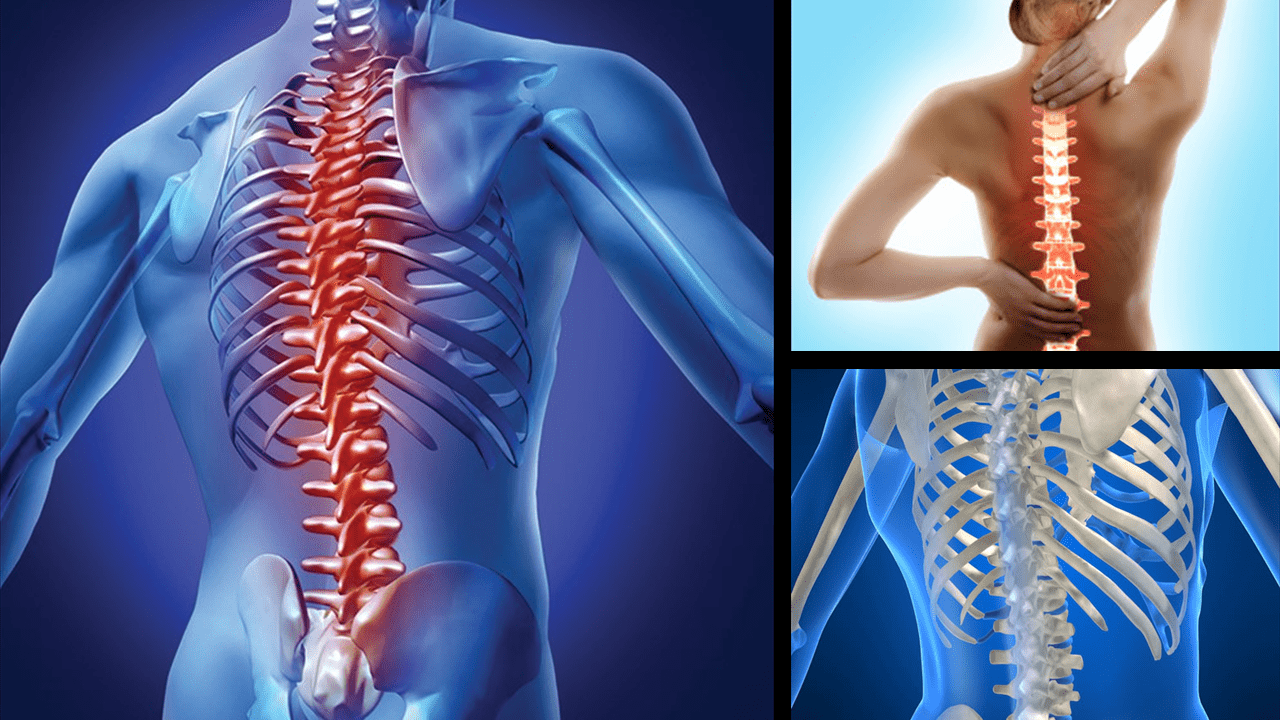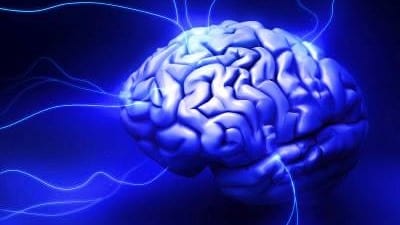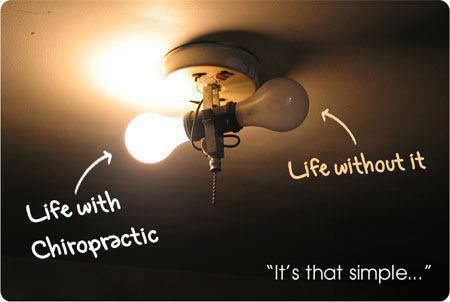It cannot be denied that movement deficiency is a problematic state that can lead to many functional consequences if allowed to continue. This is as true for small degrees of movement deficiency as for large, and as true for small joints of the body as for the large weight-bearing joints like knees. Vertebral Subluxation Complex … Read more
Dysregulation
Why is subluxation pandemic in industrialised (‘western’) societies? “Sitting is to the spine, as sugar is to the teeth” – Dr James Chestnut Many people never see a chiropractor, and often those that do come only as after trying everything else, and usually because they want help with a pain or a symptom. What most … Read more
This article provides a more technical description of the neurophysiological impact of subluxation – for those that want it! Subluxation is the ‘entity’ (state of dysfunction) which Chiropractors identify and correct The various neurological effects as proposed include subcortical (unconscious) reflex responses including Somato-Visceral, Visceral-Somatic, Somato-Somatic and Viscero-Visceral reflexes where aberrant motion leads to aberrant … Read more
Subluxation dysregulation is a state of that drives ‘mis-perception’ of your body and environment by your brain. Your cells and brain communicate via two main types of message – healthy ‘body awareness’ (good) signals or less healthy ‘stress’ (bad) signals. The body awareness signals are better thought of as being like a ‘nutrient’ your brain … Read more
If you are more engaged by a more esoteric or ‘energetic’ explanation of this world, you will likely appreciate the following article. The chiropractic subluxation can be described in many ways; this one has more esoteric overtones: While chiropractic subluxation can be described in very mechanical terms, the meaning of the concept or model of … Read more
What Are They?? Vertebral Subluxation Complex (VSC) – or ‘subluxation’ for short is what Chiropractors call the areas of interference to your nervous system that we locate within your body (most often, but not exclusively in your spine); these areas of interference alter or reduce the communication quality between the cells of your body and … Read more
Learning about Stress Physiology can help you Live a more Vibrant Life! Stress is a ubiquitous contributor to dysfunction – and knowing more about it can drive different behaviours and choices! Let’s face it – we all have some idea in our minds of what ‘stress’ or ‘being stressed’ means to us. These ideas though … Read more
















